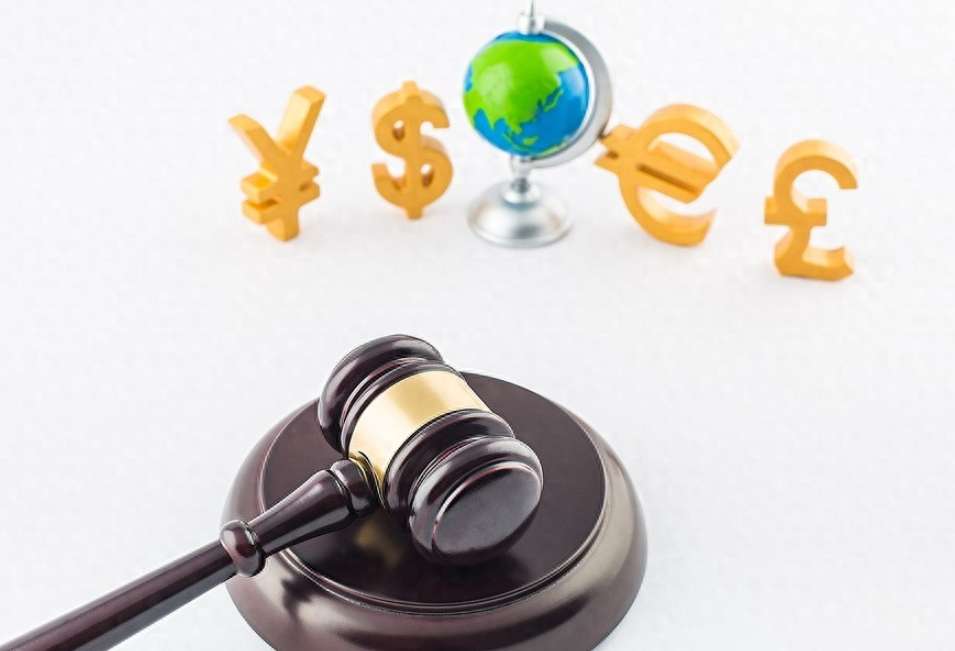U.S. Tariff Policy: A Threat to Global Inflation
Advertisements
In recent times, the specter of rising inflation has loomed large over the global economy, with the United States at the epicenter of these tensions. The current administration's aggressive stance on tariffs, especially directed at trade partners like China, has sparked fears of a renewed surge in inflationary pressures. Prior to the President's tenure, many regions were already grappling with rising consumer prices, raising concerns about the potential ramifications of these trade policies.
As tariffs are implemented, they can produce a "domino effect," where the consequences extend far beyond the initial targets, prompting analysts to question the sustainability of global disinflationary trends. According to experts like Nederlandsche Bank's head of global macro research, the correlation between tariffs and inflation is undeniable. The imposition of tariffs exacerbates lingering effects from past inflation shocks, which have already intertwisted with significant structural challenges, including demographic shifts and the pressing issue of climate change. As such, maintaining low inflation becomes an increasingly elusive goal.
Currently, despite the absence of immediate signs indicating that tariffs are affecting China, the U.S. itself faces the brunt of domestic and international inflationary pressures. The tangible impacts of trade policies are unfolding in a way that few had anticipated. For instance, the threats and actual implementations of tariffs have pushed bond yields higher, demonstrating a tight connection between financial markets and inflation expectations. Federal Reserve Chairman Jerome Powell acknowledged that heightened tariff risks complicate the economic landscape, leading institutions like Morgan Stanley to retract predictions regarding interest rate cuts, opting to reassess inflation forecasts instead.

A recent global fund manager survey by Bank of America revealed an increasing consensus that consumer price growth will re-emerge as a central theme in 2025. Although the World Bank expects inflation to recede, they caution that inflationary pressures might prove more persistent than initially anticipated. This warning is not unfounded; viewing the global economy through a macro lens, the compounding effects of previous inflation shocks—such as rising energy prices and climbing raw material costs—are become more complex to unravel due to tariffs. For example, in many developing nations heavily reliant on imported energy and raw materials, America’s tariff policies are inflating global trade costs, significantly elevating production expenses for local businesses and thereby exacerbating domestic price levels. In developed nations, the tariffs also complicate economic restructuring, making the fight against inflation even more daunting.
Across the Atlantic, the initiation of tariffs by the U.S. could provoke various responses from trading partners, underlining the critical nature of these reactions. In an effort to mitigate market panic, policymakers must carefully manage public perception regarding the impact of tariffs on prices. For instance, European Central Bank President Christine Lagarde appearing unconcerned about import-inspired inflation contrasts sharply with Bank of England’s Governor Andrew Bailey, who has highlighted the unpredictability of tariff outcomes.
However, despite Lagarde's cool demeanor, the eurozone experienced an unexpected acceleration in inflation rates earlier this month, coinciding with surging expectations for service sector prices, reaching levels not seen in nearly a year. Additionally, manufacturing sales price expectations have surged to two-year highs, illustrating the direct repercussions of trade tensions on European markets.
Market sentiments often capture the immediate and sharp reactions of economic players to unfolding policies. A Bloomberg survey indicates that a majority of economists now harbor concerns about mid-term price pressures potentially exceeding 2%. Within the U.K., the Bank of England's surveys of small and medium enterprises (SMEs) signal a rise in wage growth and production costs over the next year. Furthermore, a report released midweek highlighted that one-quarter of service firms are planning to increase their prices in early 2025 as a direct response to climbing wage costs. Such data points convey that the market is acutely attuned to the inflation risks stemming from tariff policies, which are beginning to resonate within actual economic activities. Increasing wages and production costs, vital indicators of inflation, not only affect corporate profitability but also undermine consumer purchasing power, threatening the sustainability of economic growth.
Despite the ambiguities surrounding U.S. tariff strategies, it is evident that these measures impose significant pressures on prices while simultaneously stymying global economic growth. Just weeks ago, the Bank for International Settlements issued a stark warning indicating that the President's tariff initiatives could trigger a wave of global stagflation—an economic phenomenon characterized by stagnant economic growth paired with high inflation, a combination economists typically dread.